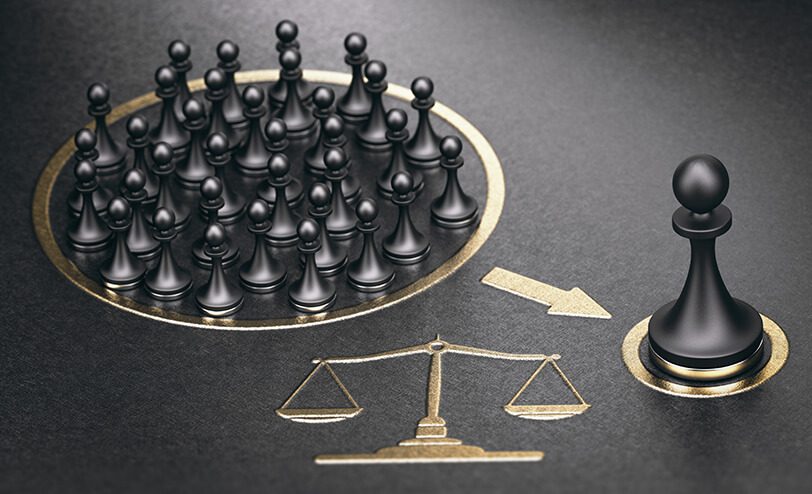Frequently Asked Questions

What is a Class Action?
What is a Class Action?
A class action lawsuit allows one or more individuals to bring a lawsuit on behalf of a group of other individuals who all suffered a similar loss caused by the same defendant. The group is known as the “class,” and each individual who suffered the loss is a “class member.” An individual who brings a lawsuit on behalf of other class members is known as the class representative or named plaintiff. The class representative, with the assistance of class action lawyers, files the lawsuit and litigates it on behalf of all the class members. Any judgment or settlement the class representative(s) obtains benefits all the class members.
Why Class Actions Matter
Class action lawsuits level the playing field between individual consumers and major corporations because they allow individuals to combine forces to take on powerful companies.
Without class actions, small claims are often too costly to litigate. For example, a car owner may have to pay $200 to repair a defect that an automaker should cover but wrongfully makes the consumer pay instead. A $200 loss may not justify bringing a lawsuit that could cost thousands of dollars to litigate.
However, thousands, or even hundreds of thousands, of other individuals may have also suffered a $200 loss for the same defect. And, the combined losses could add up to millions or even billions of dollars. Such amounts are much more likely to justify the cost of bringing a lawsuit to force the automaker to pay. Further, skilled class action lawyers are often willing to take such cases on a contingency basis where their fees are paid out of the damages they recover for the class. That means the plaintiffs do not pay any legal fees out of pocket. Therefore, class actions allow individual consumers to hire attorneys who have the skill and resources to successfully take on billion-dollar corporations and obtain the evidence necessary to prove the plaintiffs’ case.
In short, class action lawsuits may be the only practical way for consumers to hold a company accountable for unfair or fraudulent practices. As the United States Supreme Court explained, class actions developed to solve "the problem that small recoveries do not provide the incentive for any individual to bring a solo action prosecuting his or her rights." Amchem Prods., Inc. v. Windsor, 521 U.S. 591, 617 (1997) (quoting Mace v. Van Ru Credit Corp., 109 F.3d 388, 344 (7th Cir. 1997)). “A class action solves this problem by aggregating the relatively [small] potential recoveries into something worth someone's (usually an attorney's) labor.” Amchem Prods., Inc., 521 U.S. at 617 (quoting Mace, 109 F.3d at 344).





